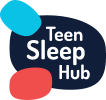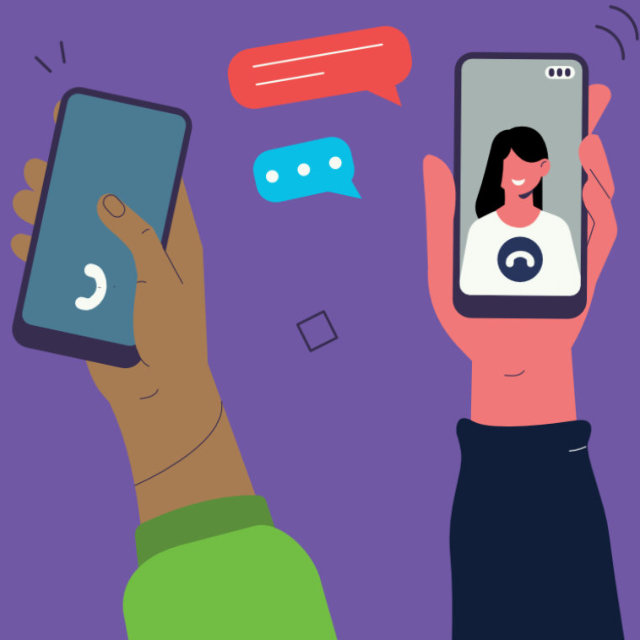“I’m tired” my friends would mumble as a greeting while rubbing their eyes.
“What time did you go to sleep?” I would ask.
“I did homework from like 1 to 2AM and then fell asleep around 3.”
I have some variation of this conversation at least once a day (probably twice on a Monday). Poor sleep hygiene is widely accepted amongst teenagers and due to the shift in circadian rhythms during adolescence being tired appears to be an inevitability.
There’s little help that can be offered when someone tells you they’re tired. I usually just say “me too” or “try to get some more sleep tonight” but these sentiments are virtually useless. What if someone has trouble falling asleep? What if they can fall asleep but they keep waking up? What if they’re worried about a test the next day? What if they just want to keep watching TikToks?
I have seen some of my peers’ academic performance slip due to sleep deprivation and along with limiting their academic performance it also often has mental health implications.
That’s why I decided I wanted to be a part of the youth panel for the Teen Sleep Hub. I wanted to end that conversation differently, so when someone tells me they’re tired I can say: “Hey there is a website and eBook (which I may have contributed to) that will more than likely address and explain why you’re tired and how you can change that.”
Or I can offer them advice that I have learned from being on the youth panel and from the eBook itself – like looking at a screen could be the reason you find it difficult just to fall asleep or if you want to eat before you go to bed try cheese (which doesn’t actually cause bad dreams) or cherries instead of chocolate.
Tiredness is not an inevitability, you can become well rested, set yourself up for academic success and improve your mental health by taking control of your sleep.


